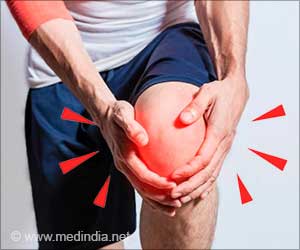The Madras Diabetes Research Foundation (MDRF) has launched a 2.2 crore 'Rural Diabetes Project' to help diabetics in rural India.
A recent study conducted by the World Health Organization in India has revealed that the number of diabetics living in the rural areas (approximately 21.6) outnumber those living in the urban areas(16. 8 million).
The prevalence of diabetes in rural India has increased by a margin of 400% over the past 30 years. In an attempt to change this situation, the Madras Diabetes Research Foundation (MDRF) has launched a 2.2 crore 'Rural Diabetes Project'. The provision of modernized and affordable diabetic care to people in rural areas would form the main focus of the project that would be supported by the World Diabetes Foundation (WDF).Training of volunteers regarding several aspects related to diabetes and its complications would be undertaken. In addition, interactive teaching programs through use of telemedicine facility would also be targeted at. This is believed to improve compliance of rural people who have limited access to health care facilities, according to Dr. V. Mohan, President of MDRF and one of the main investigators involved in the project.
To begin with, the project would be implemented in a few villages at Chunampet in Kancheepuram District, Tamil Nadu. Indian Space Research Organization (ISRO), National Agro Foundation (NAF) and C. Ramakrishna, a noted philanthropist and an eminent lawyer have agreed to extend their co-operation for the project.
The first phase of the 4-phased project would be directed at establishment of a diabetic centre to monitor and treat diabetes, at Chunampet. Training and education of local heath workers and other village women regarding diabetes and formation of self help groups for spreading knowledge about diabetes would be the target of the second phase.
Establishment of screening camps for the early identification of eye and foot related diabetic complications, establishment of ambulatory diabetes care units with telemedicine facility and primary prevention of diabetes would be taken care in the third and fourth phases of the study.
'In India, telemedicine is being increasingly used for the benefit of millions of disadvantaged people. We hope the outcome of the MDRF/WDF Rural Diabetes Project will have a profound and immediate benefit to the rural community,' remarked Dr Anil Kapur, Vice-Chairman, WDF.
Advertisement











